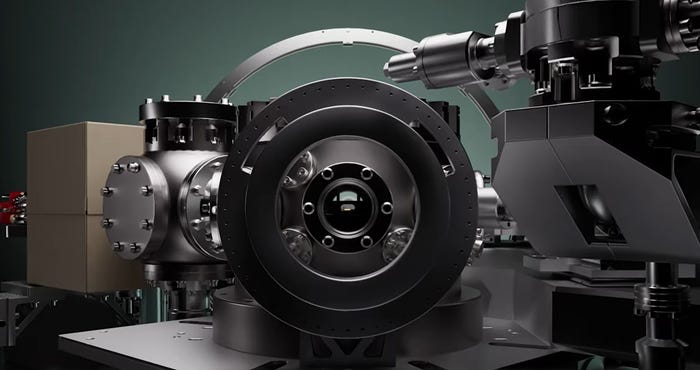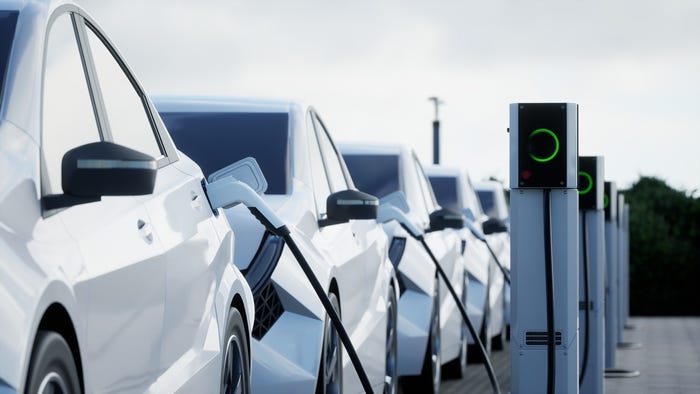
Connects decision-makers and solutions creators to what's next in quantum computing
Robots Powered by Quantum to Match Human Intelligence: ResearchersRobots Powered by Quantum to Match Human Intelligence: Researchers
Quantum computers could one day deliver more processing power than classical computers

An international team of scientists has predicted that merging quantum computing and AI could create robots with unprecedented capabilities, potentially matching human-level intelligence.
These "qubots" would overcome the limitations of current robots, which rely on binary computing and struggle to handle the increasing complexity and data volume demanded by modern applications, by utilizing quantum algorithms and processes.
Quantum computers could one day deliver more processing power than classical computers. This translates into unparalleled potential for advancement in the field of robotics.
Qubots would use quantum algorithms and processes to overcome the limitations of classical robotics in handling vast sensory data, real-time responses and cognitive functions.
This could revolutionize areas like navigation, decision-making and multi-robot coordination, and even lead to cognitive and emotional functions similar to humans.
While significant technological hurdles remain, the researchers said the development of qubots is inevitable, given the increasing investments in both quantum computing and AI.
"Quantum computation and artificial intelligence are separately considered transformative technologies that are shaping our present and future,” the researchers wrote in their study.
“The prospect of combining the two paradigms portends astounding computing power and human-level intelligence for resulting technologies.”
Major tech companies and governments are already heavily investing in these fields, although integration efforts are still limited.
"We note that while the technologies to realize advanced qubots are still dispersed and the knowledge for their integration into sophisticated units is challenging, the gradual maturity and renewed interest in quantum information and quantum control theories suggest that the realization of qubots is a matter of when, not if,” the researchers said.
Quantum robotics is in its nascent stage, facing technical challenges related to hardware limitations, quantum-classical integration and security concerns.
If these are overcome, quantum robotics has the potential to revolutionize diverse fields, including industrial automation, navigation, healthcare, logistics and human-robot interaction.
About the Author
You May Also Like






